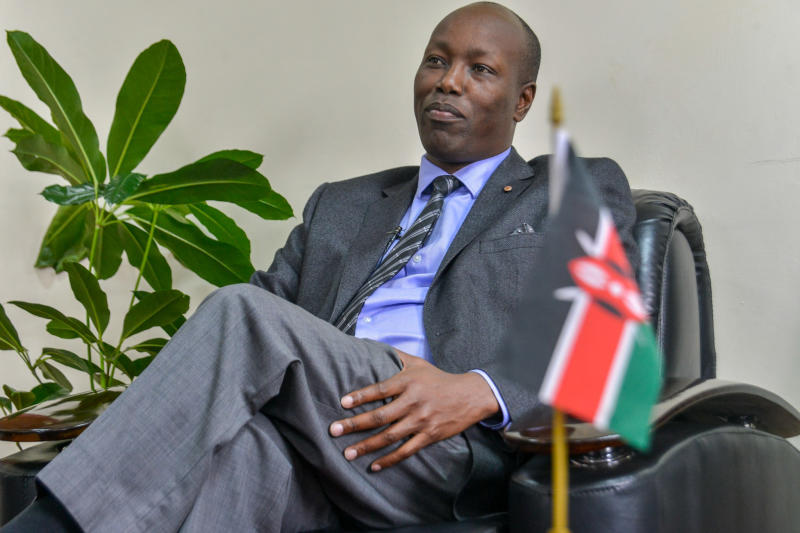×
The Standard e-Paper
Join Thousands Daily

Nakuru Governor Lee Kinyanjui has been put to task to explain why his administration failed to recover a Sh240 million debt owed by tenants in the defunct municipal council houses.
The Auditor-General observed that records presented for audit review revealed that rent outstanding as at June 30, 2018 was Sh200 million and Sh21 million for Nakuru East and Naivasha sub-counties, respectively.